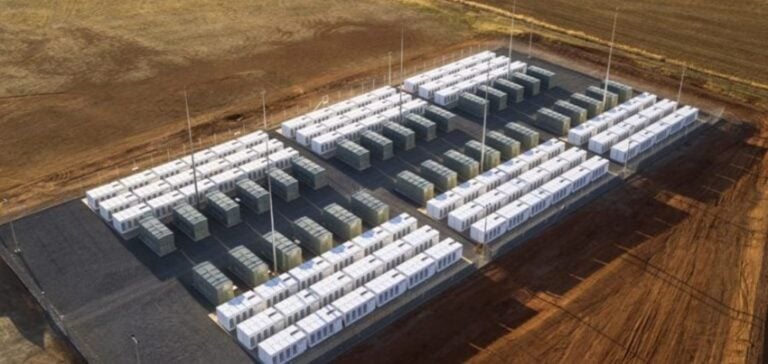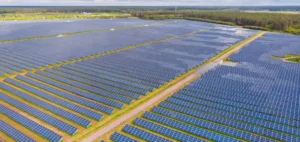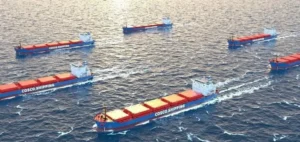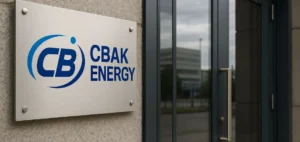The 100 MW storage facility in Chinchilla, Queensland, comes on stream at a time when grid reliability is crucial to support the growth of renewable energies.
Developed by CS Energy in collaboration with Tesla and Downer, the infrastructure is based on lithium iron phosphate (LiFePO4) batteries, a technology renowned for its durability and safety.
This system enables the company to respond effectively to variations in renewable production, ensuring the continuity and robustness of the power grid.
The project is part of the Kogan Clean Energy Hub, a strategic initiative for Queensland aimed at consolidating the grid while supporting the energy transition.
The Chinchilla unit enables optimized management of energy flows, reducing dependence on fossil fuels and facilitating the integration of renewable energy sources.
Economic and technological advantages
In addition to its technical benefits, the Chinchilla unit has generated a significant economic impact in the surrounding regions.
Over $3 million was invested in local businesses during the construction phase, demonstrating CS Energy’s commitment to local communities.
The collaboration with Tesla and Downer has created a state-of-the-art infrastructure, which will serve as a model for similar initiatives in the future.
This infrastructure is designed to improve grid stability by absorbing fluctuations in energy supply, while supporting the decarbonization of the sector.
As the first installation of the Kogan Clean Energy Hub, it paves the way for other projects that will further enhance the region’s energy security.
The deployment of this unit illustrates the importance of storage technologies in supporting the energy transition.
The Chinchilla site demonstrates how targeted investment in modern infrastructure can transform the energy landscape, not just for Queensland but for Australia as a whole.





















